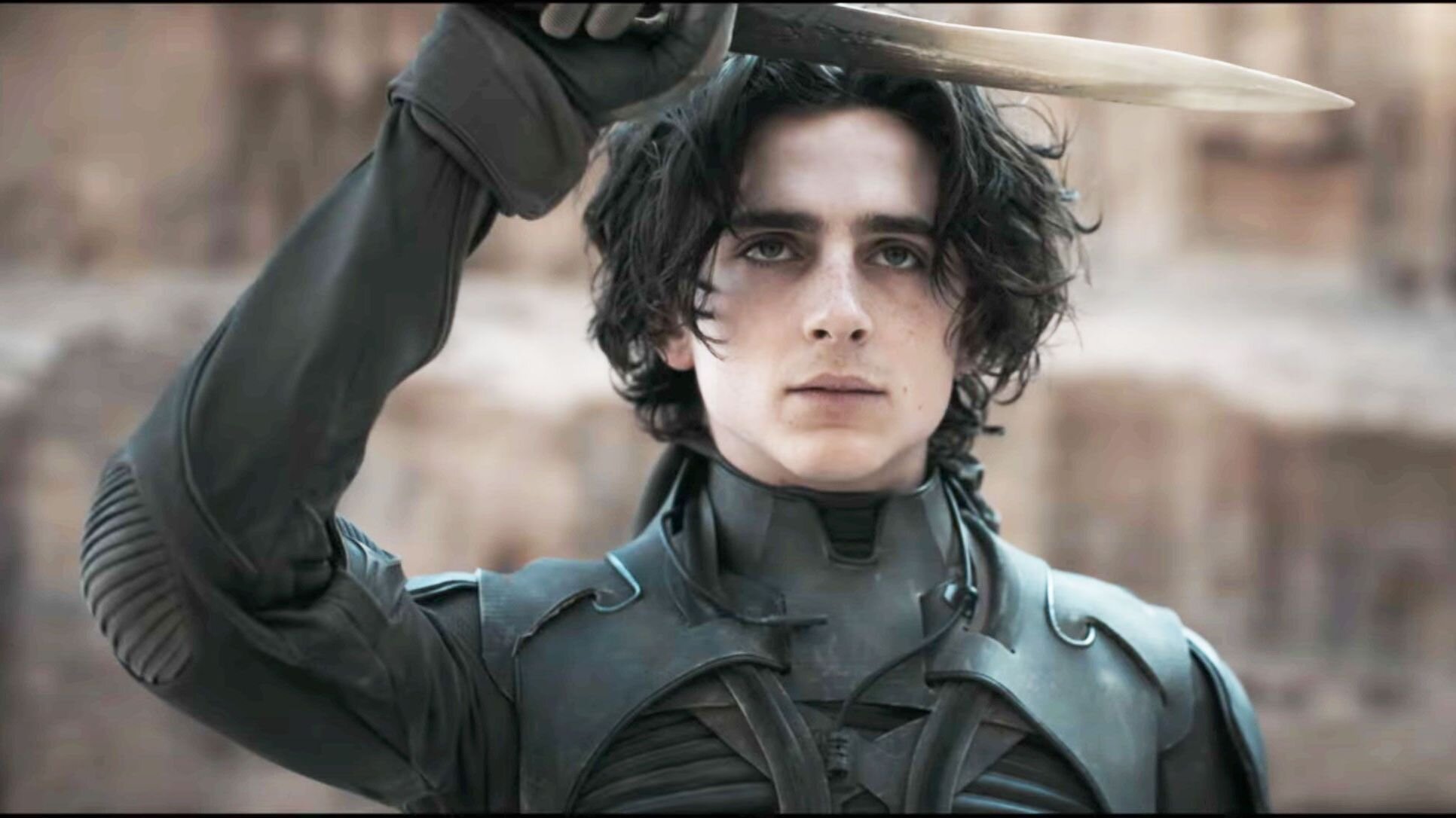Episode 69: Let's Obsess Over the Politics of Dune!
The 2021 remake of Dune has us flowing with Spice all over again
Dune, Frank Herbert's sprawling masterpiece, remains one of the most influential works of science fiction. And with a new movie on the way, we are once again debating the meaning of this story. White savior narrative? Subversive eco-parable? To help us untangle the mystery, we turn to Haris Durrani, the author of an influential new Dune essay.
Notes, citations, & etc.!
Haris Durrani's groundbreaking and thought-provoking essay about Dune.
Technologies of the Self by Haris Durrani
Dune is a 1965 novel by Frank Herbert about a desert planet which spawned a series
Dune was made into a 1984 movie, a 2000 miniseries, and a new upcoming movie
Herbert wanted to write about "the messianic convulsions" that are disastrous for humans
CHOAM, the spice-trading conglomerate, was intended to be OPEC
"The Tragedy of the Commons" by Garrett Hardin is a famous essay that Herbert's story indirectly critiques
The concept of the "noble savage" is at the heart of a lot of these debates
A famous 1970s commercial showed an indigenous American crying over the environment
The Fremen are the indigenous people on Arrakis, aka Dune
In Andre Norton's Witch World series, there's also psychic powers that only women can wield—except for one special man
The notion of a "Clash of Civilizations" between Islam and the West became mainstream in the early 1990s
Francis Fukuyama pushed the notion of the "End of History"
The Bene Gesserit are an army of superpowered Lady MacBeths
The Kwisatz Haderach is the messiah the Bene Gesserit manufactured
Judge Dredd started out as a satire of the police state, but people took him too seriously
The 1984 Dune tries hard to show the book's internal monologue from the novel with voiceovers
Astounding editor John W. Campbell rejected the novel Dune Messiah because it undid the heroic image of Paul Atreides
Denis Villeneuve, director of the 2021 Dune, described Paul Atreides as similar to Michael Corleone from The Godfather
